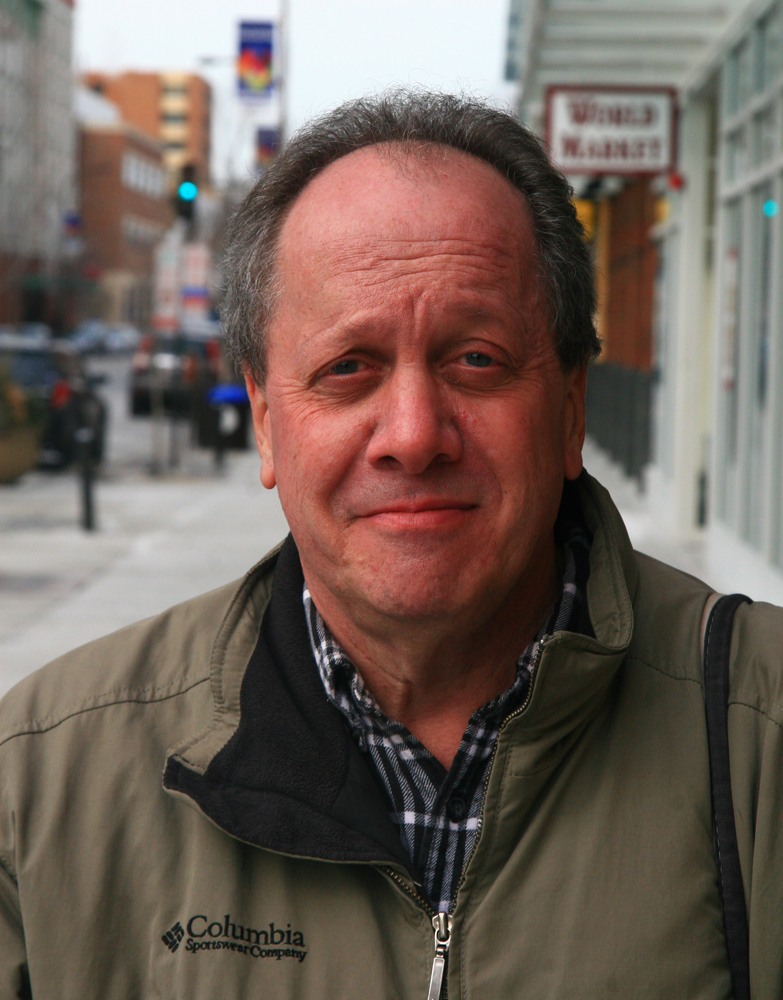
CHICAGO — The Amtrak executive who embraced managerial freedom and risk-taking in the company’s product line era of the mid-1990s to transform the Seattle-Los Angeles Coast Starlight into a “superior service” long-distance passenger train has died.
Brian Rosenwald succumbed to colon cancer this week after a long illness. His 40-year Amtrak career began in 1973 when he was hired as a clerk in the fledgling company’s ex-Santa Fe Railway Chicago reservation office at the height of the oil embargo. In those early days he worked 40 hours a week and another 40 hours of overtime, often sleeping in the office. Rosenwald left the company in 2013 after a reorganization eliminated the product line development department he helmed at Amtrak’s Washington D.C., headquarters.
In the intervening years, Rosenwald was promoted to positions that analyzed fares, assigned equipment on the national network, and managed crew bases in Boston; Chicago; Detroit; Los Angeles; Oakland, Calif.; and Jacksonville, Fla. He returned to Chicago in 2002 as “Great Trains of the West” general manager and was elevated to Senior Director of Customer Service in 2004 before being called to Washington in 2007 to quarterback route improvements.
“He was a true visionary and a wonderful comrade,” former Texas Eagle product line general manager Joy Smith tells News Wire. She first became acquainted with Rosenwald in 1980 while working on the Crescent. “Brian’s foundation was based on giving the best service; he never hesitated to put his job on the line for what he believed, which was empowering employees to make them solely responsible for the customer being satisfied.”
That mantra was fully developed by the “opportunity of a lifetime,” as Rosenwald once related to Trains, when he was tapped to oversee the Los Angeles-Seattle Coast Starlight’s revenue and expenses in 1995 by Amtrak West president Gil Mallery. Under then-president Tom Downs, product line managers were given profit-and-loss responsibility for all aspects of a service, from onboard amenities to pricing. The challenge was enormous, because Southwest Airlines had just introduced $39 fares throughout California, decimating the Starlight’s coach business.
New Superliner II equipment was being delivered, but Rosenwald sensed that the onboard experience could be further enhanced by introducing a separate lounge car for sleeping car passengers. “You know what? We can’t cut this train into financial improvement,” he recalled thinking for a Trains feature on the Starlight [see “Still the best?,” July 2014]. “What we need to do is [make sure] time aboard the train becomes a positive, not a negative.”
Five former Santa Fe hi-level lounges were slated for retirement, but he took the initiative — and financial risk — to immediately press them into service as “Pacific Parlour Cars.” Their mechanical systems and interiors were soon cycled through Amtrak’s Beech Grove Heavy Maintenance Facility for complete refurbishment. First-class upgrades included wine tastings — he personally selected the offerings from wineries along the route — but all passengers benefitted from hearing musicians hired to play in the Sightseer Lounge and a children’s playroom in the lower level of a Superliner coach. Rosenwald’s Parlours would soldier on for another 23 years until sidelined by Amtrak CEO Richard Anderson in 2018.
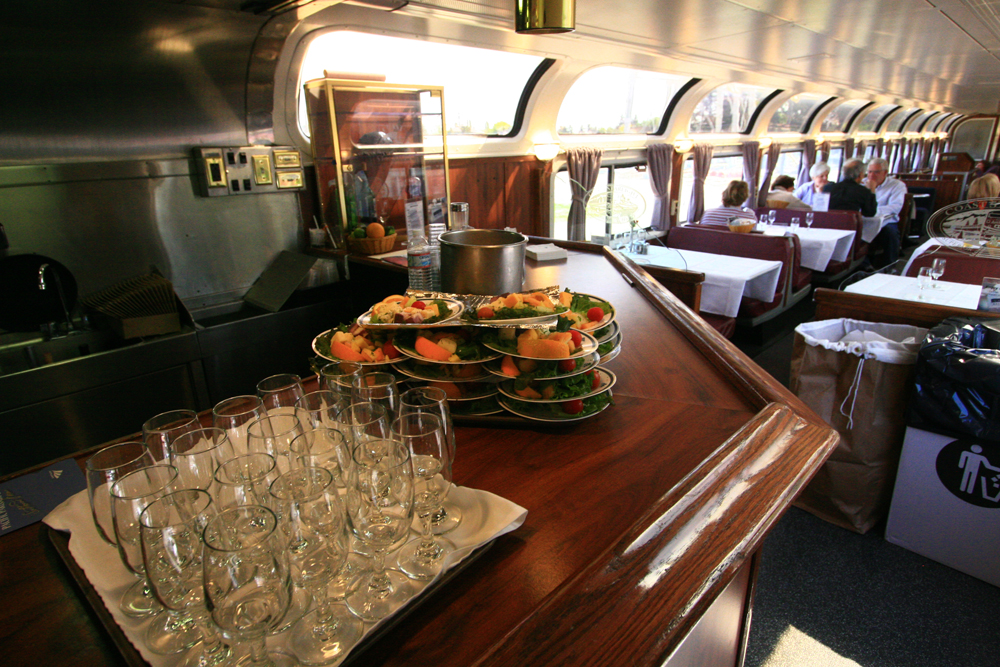
Jack Rich worked with Rosenwald during the early years and would later fill the product line position himself when it was partially resurrected after Brian returned to Washington in 2007. “He would always accentuate the positive to motivate employees and urge them to ‘never say no’ to a customer,” Rich tells News Wire. “He regarded service shortfalls as an opportunity for improvement.” Rosenwald’s belief in Starlight employees ability to execute led to the train’s unique “service guarantee” refund policy; money was rarely refunded because there were so few complaints.
Another example was Rosenwald’s unconventional approach to Union Pacific freight delays. “He bought pizza for UP operations center dispatchers,” says Rich. “It apparently worked, because we were told some of the railroad’s vice presidents were complaining that the Starlight was getting more priority than it deserved.”
Among Rosenwald’s responsibilities during his last stint in Washington was to suggest improvements to Amtrak’s long-distance network, as directed by Section 210 of 2008’s Passenger Rail Investment and Improvement Act. “Brian proved in 2011 we could run a combined Texas Eagle-Sunset daily from Los Angeles to Chicago and New Orleans with seven days of revenue and less equipment than the existing triweekly arrangement required,” Rich notes. At the time, UP wanted $750 million for improvements, which Amtrak’s board and president Joe Boardman declined to authorize.
After leaving Amtrak in 2013, Rosenwald was able to fulfill a lifelong inclination to dress and represent as a woman, Phoebe Snowe, and open a wine shop in Chicago’s Rogers Park neighborhood. The homage (with an extra “e”) to the former Lackawanna Railroad passenger flagship reflected a lifelong interest in trains —and self-realization — that began at an early age.
In a podcast recorded in 2024 with Griff Hubbard, Amtrak’s former revenue manager of the Texas Eagle based in Longview, Tex., Snowe reflects, “Being transgender isn’t very scary at all if you believe in yourself and you have the confidence that you are a good human being. I carried a secret for 40 years until the age of 61 and feel gratitude for people who have been willing to embrace my eccentric nature.”
A celebration of life is planned in the near future, with details to be announced on the website of the Chicago funeral home handling arrangements.






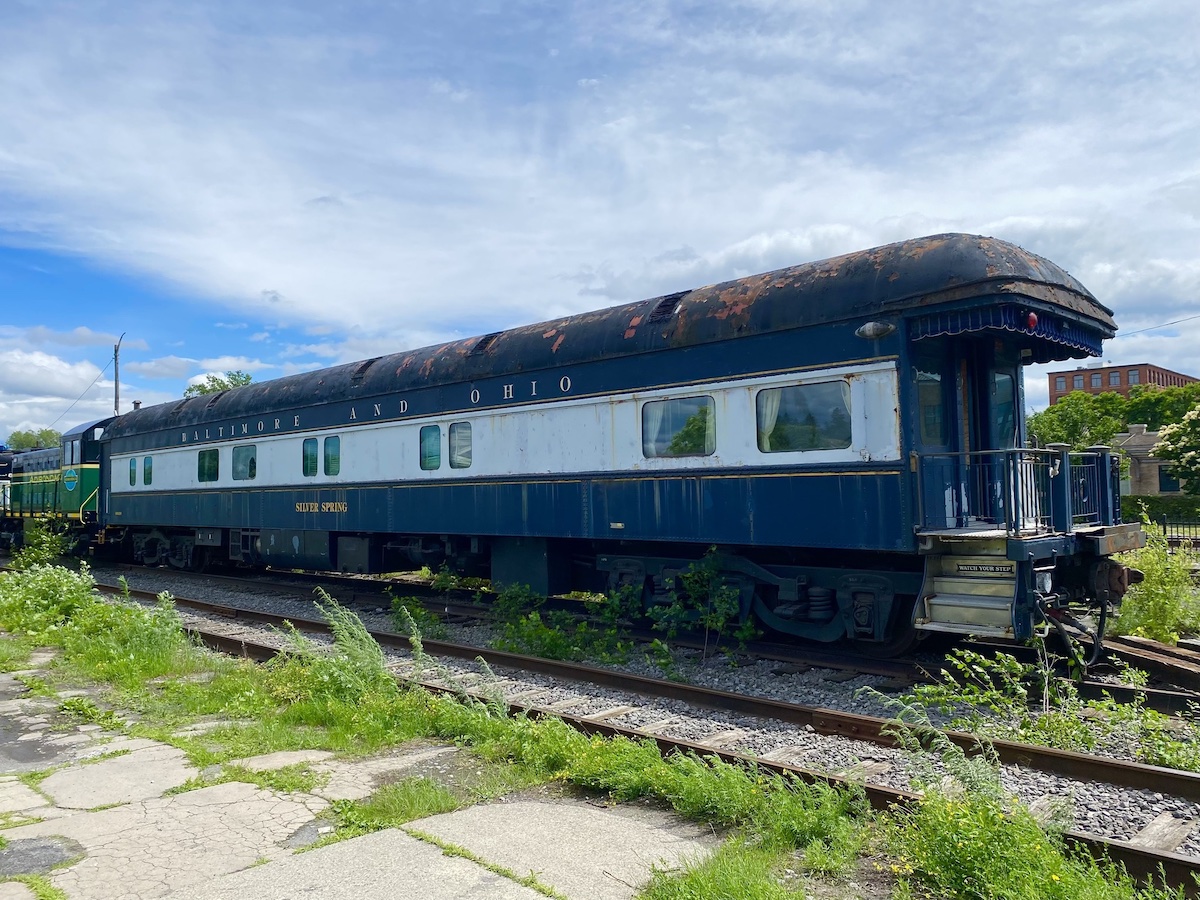
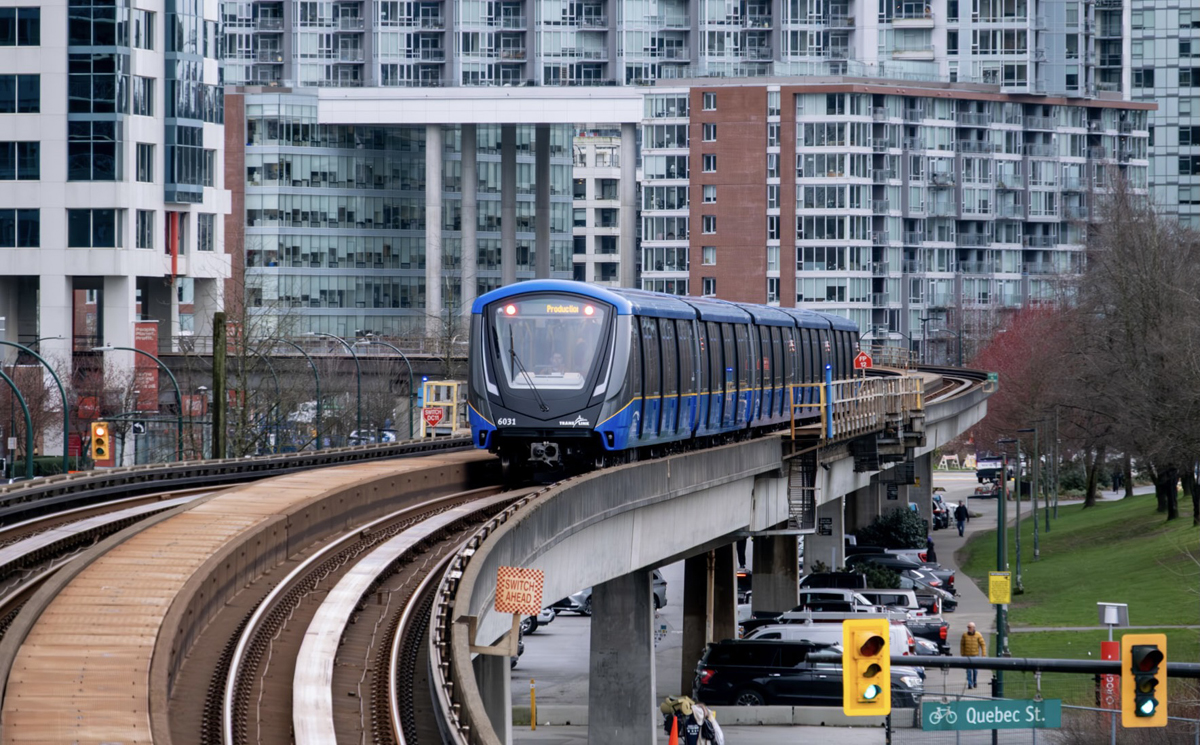
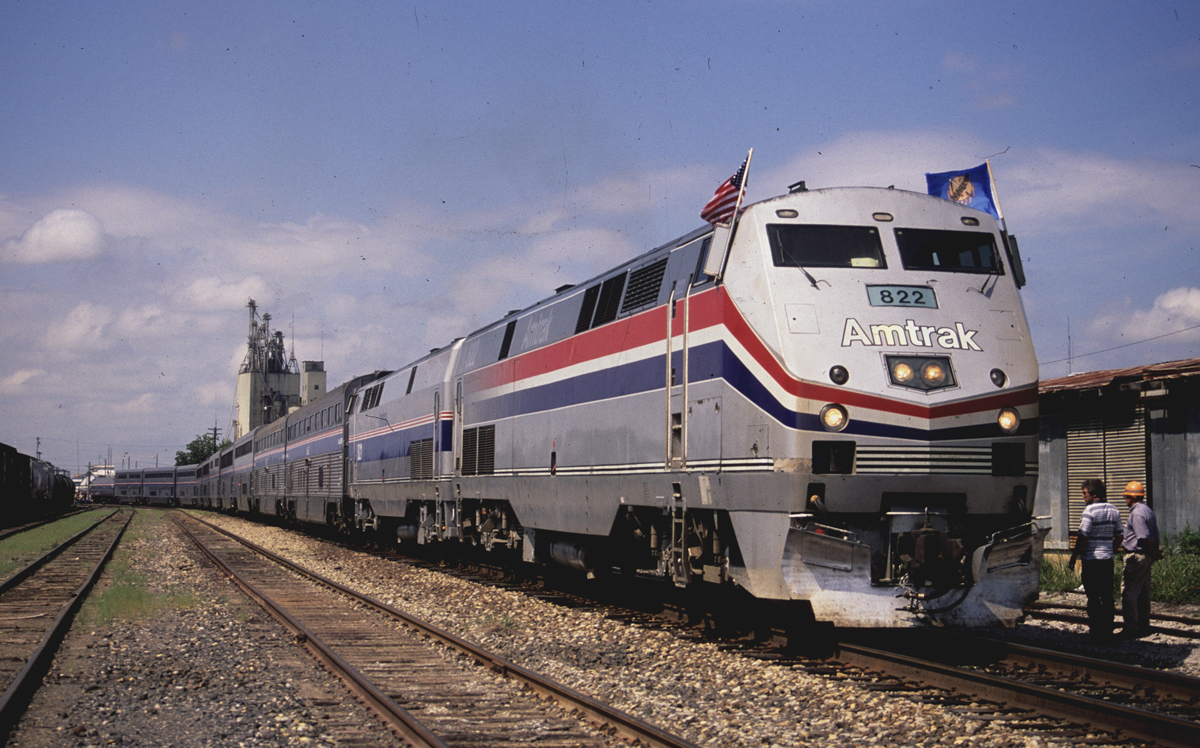
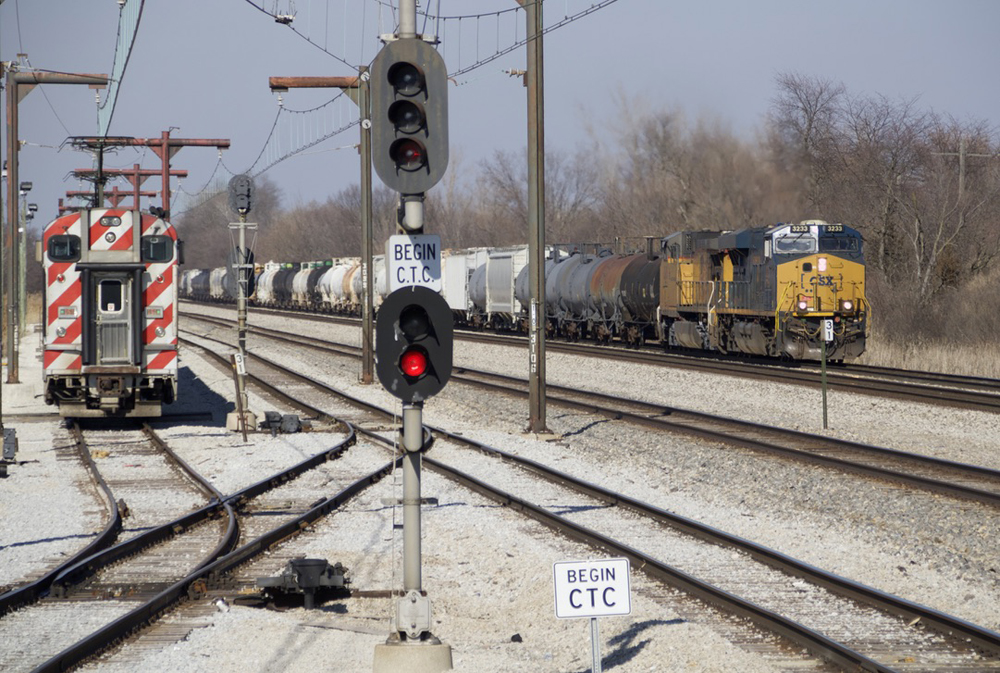




We have lost another of the great old-school railroaders. I never met him, but was impressed with his work on the Coast Starlight. The resourcefulness, risk-taking and customer service emphasis are the character traits of the kind of managers Amtrak needs. I was not immediately aware of all of his other hard work and accomplishments other than the Coast Starlight but his list of accomplishments and efforts should serve as an example of what a real railroader is made of.
Totally agree with you David. I have a couple of favorite sayings that I utilize myself. “Nothing ventured, nothing gained”. My second saying. Questions are always free”. Remember if you don’t ask or don’t do something, it is a guaranteed 100% no.
IMO Mr. Rosenwald’s only mistake was his inability to persuade other product route managers to innovate as well. He saw the writing on the wall with the closure of the product line development department leading to leave Amtrak. Does Amtrak have any department now that would mirror that department? The Trains article noted that Rosenwald wanted to add another sleeper to the CS with more SLs coming online. However, Amtrak wanted to much cost allocation for an otherwise parked SL.
The discontinuing of the Pacific Parlor cars appears a deliberate attempt to downgrade LD trains by Anderson. Did Anderson want to protect his Delta stocks? He quickly sold those PP cars to prevent congress and the BOD to require restoration of PP.
How he came up with a plan for no additional equipment for a daily Sunset / Eagle would be very interesting. I Never could come up with a way even swapping out Chief’s at LAX and CNO’s equipment at NOL.
It is time for some Amtrak route managers to buy more Pizzas and other items for all RR dispatch centers several times a year.
I regret that TRAINS made a point to prominently air part of Brian’s personal life that is really no business of the editors.
Personal life and the deceased’s intimate choices are appropriate in an obituary. I would agree that these would not be appropriate for someone still in the work force, but that’s not the case here.
My wife and I took a trip from MSP to SEA to LAX and then to CHI about a year before I retired from Amtrak. We really loved the Pacific Parlour cars which was reserved for sleeping car passengers. We were able to have dinner in that car as well as wine tasting which made it very relaxing and special as much less hectic than the regular dinning car. Great idea and vision Brian for providing sleeping car passengers a special area for further enjoyment on their trip.
A visionary leader. The right person at the right time to create dramatic service improvements. RIP.